Market Trends
Key Emerging Trends in the Luxury Goods Market
An increasing proportion of the population is becoming rich, which is driving the global luxury goods market's CAGR. In economics, a luxury good, sometimes referred to as an up market good, is one for which the share of overall spending on the good increases when demand for the good develops more quickly than it does in proportion to income. The demand for luxury goods, on the other hand, increases proportionately less than that of necessities. It's common to use superior products and luxury items interchangeably.
The luxury goods market is characterized by dynamic trends influenced by changing consumer behaviors, economic factors, and evolving notions of luxury. One prominent trend in this market is the growing importance of sustainability. Luxury consumers are increasingly seeking products that align with their values of environmental responsibility and ethical practices. Luxury brands are responding by incorporating sustainable materials, implementing eco-friendly production processes, and adopting transparent supply chain practices. The emphasis on sustainability reflects a broader shift in consumer consciousness and the recognition that luxury can coexist with ethical and environmentally conscious choices.
Furthermore, the rise of digitalization is transforming the way luxury goods are marketed and sold. E-commerce and online platforms have become integral to the luxury shopping experience, enabling brands to reach a global audience and engage with consumers in new ways. Luxury brands are investing in immersive online experiences, virtual showrooms, and digital marketing strategies to connect with tech-savvy consumers who value both the exclusivity of luxury and the convenience of online shopping. This trend underscores the importance of a seamless and sophisticated online presence for luxury brands seeking to remain competitive in the digital age.
Additionally, there is a shift in consumer preferences towards experiential luxury. Instead of solely valuing tangible products, luxury consumers are placing a premium on unique and memorable experiences associated with luxury brands. This trend has led luxury companies to focus on creating immersive brand experiences, exclusive events, and limited-edition collaborations. Luxury consumers are seeking a connection beyond the product itself, valuing the story, craftsmanship, and exclusivity that contribute to a holistic luxury experience.
The concept of "new luxury" is gaining traction in the market, challenging traditional notions of opulence and excess. Modern luxury consumers are gravitating towards brands that emphasize authenticity, individuality, and a more understated elegance. This shift is reflected in the demand for timeless and versatile pieces, as opposed to conspicuous logos and overt displays of wealth. Luxury brands are adapting to this trend by offering curated collections, personalized services, and emphasizing the craftsmanship and heritage behind their products.
Moreover, inclusivity and diversity are becoming significant considerations in the luxury goods market. Luxury brands are recognizing the importance of representing diverse perspectives and inclusivity in their marketing campaigns and product offerings. Consumers are increasingly drawn to brands that embrace diversity and promote inclusivity, leading to a broader and more representative definition of luxury that resonates with a diverse global audience.


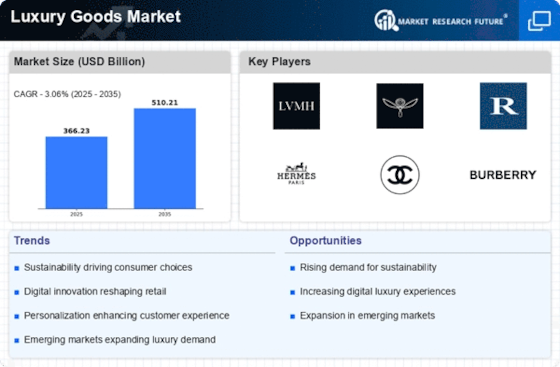
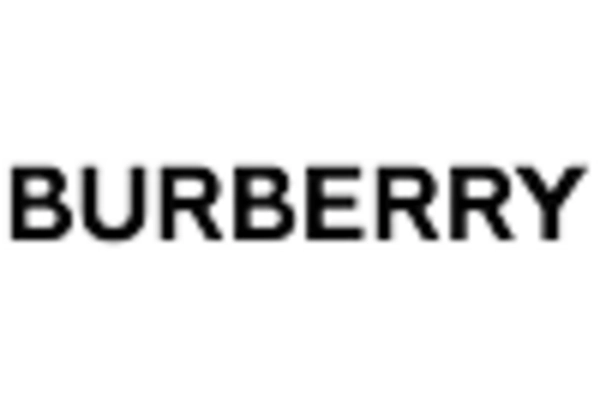
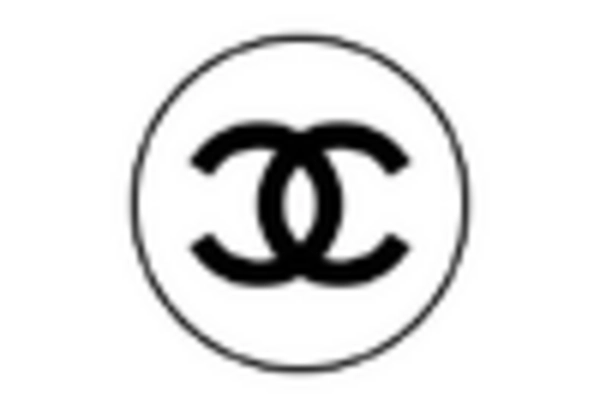
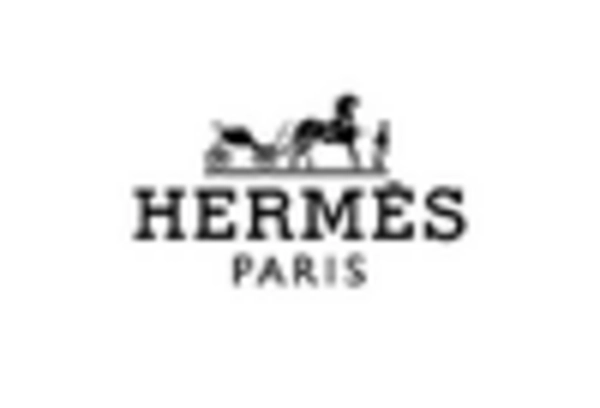
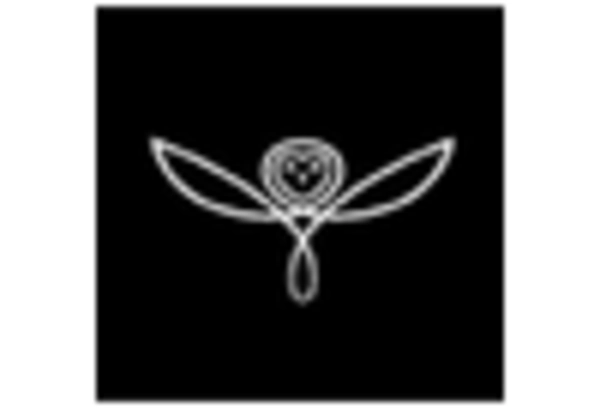
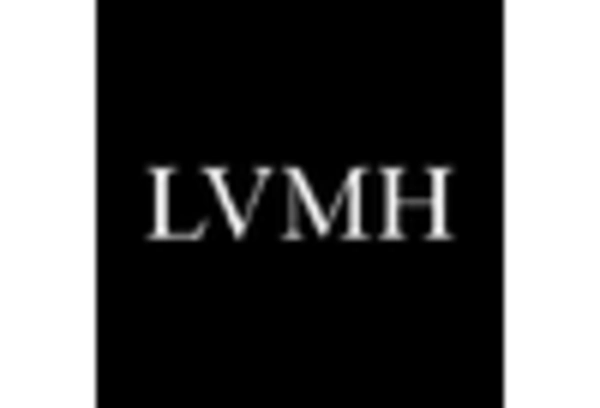
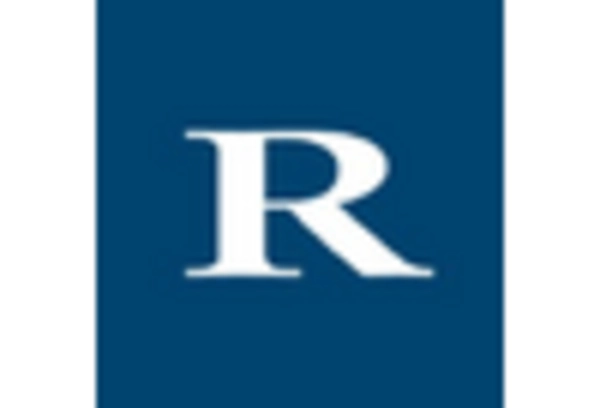









Leave a Comment